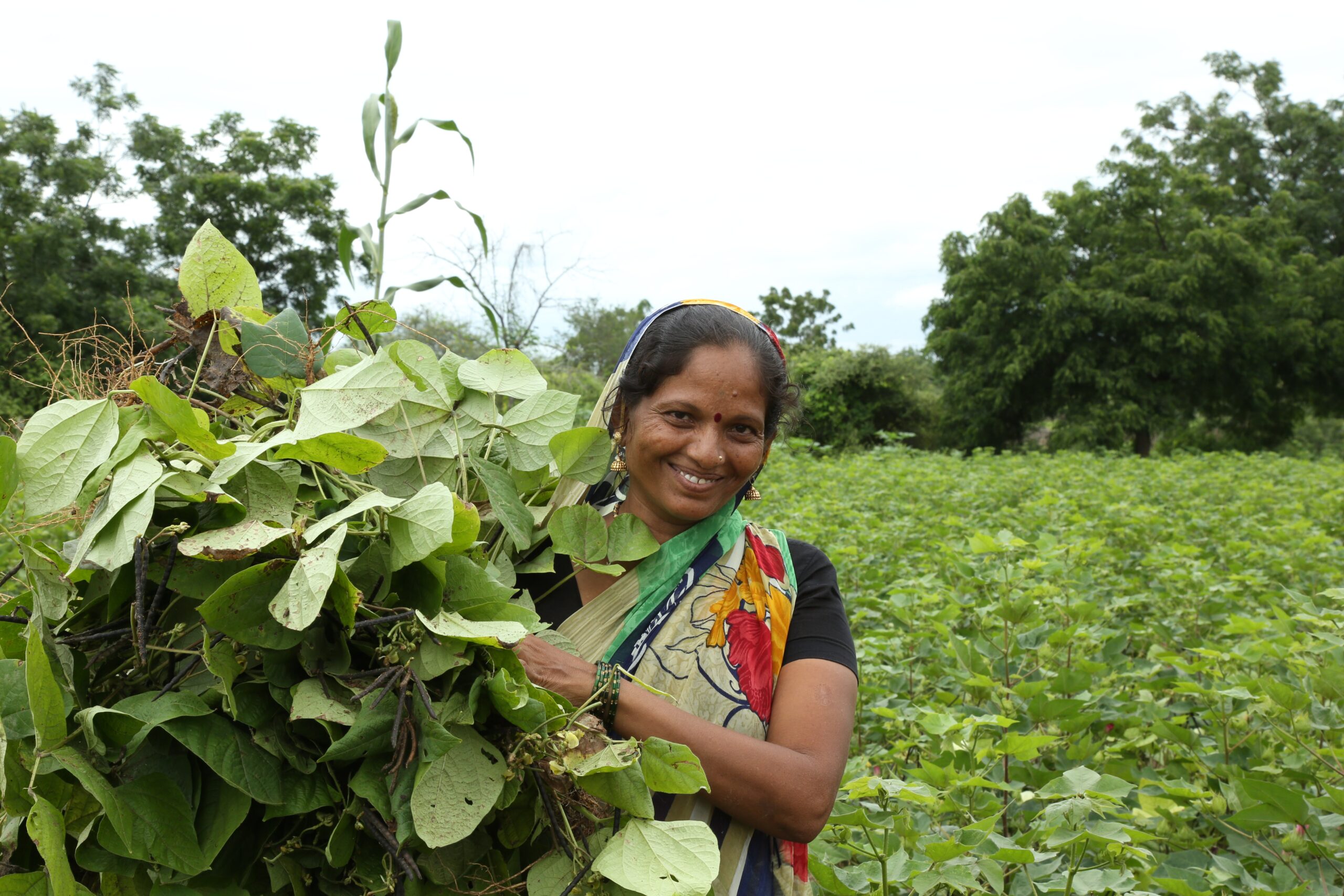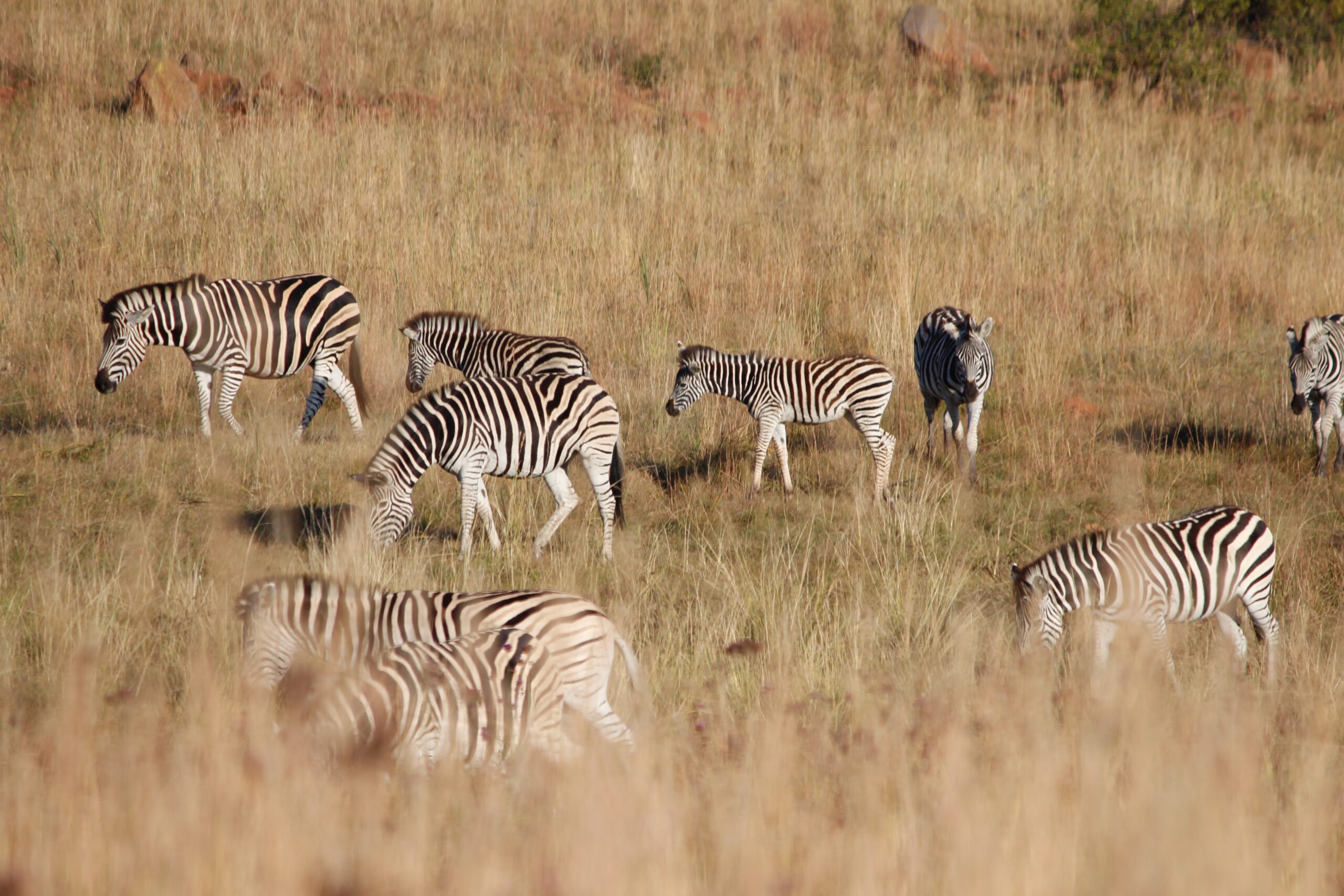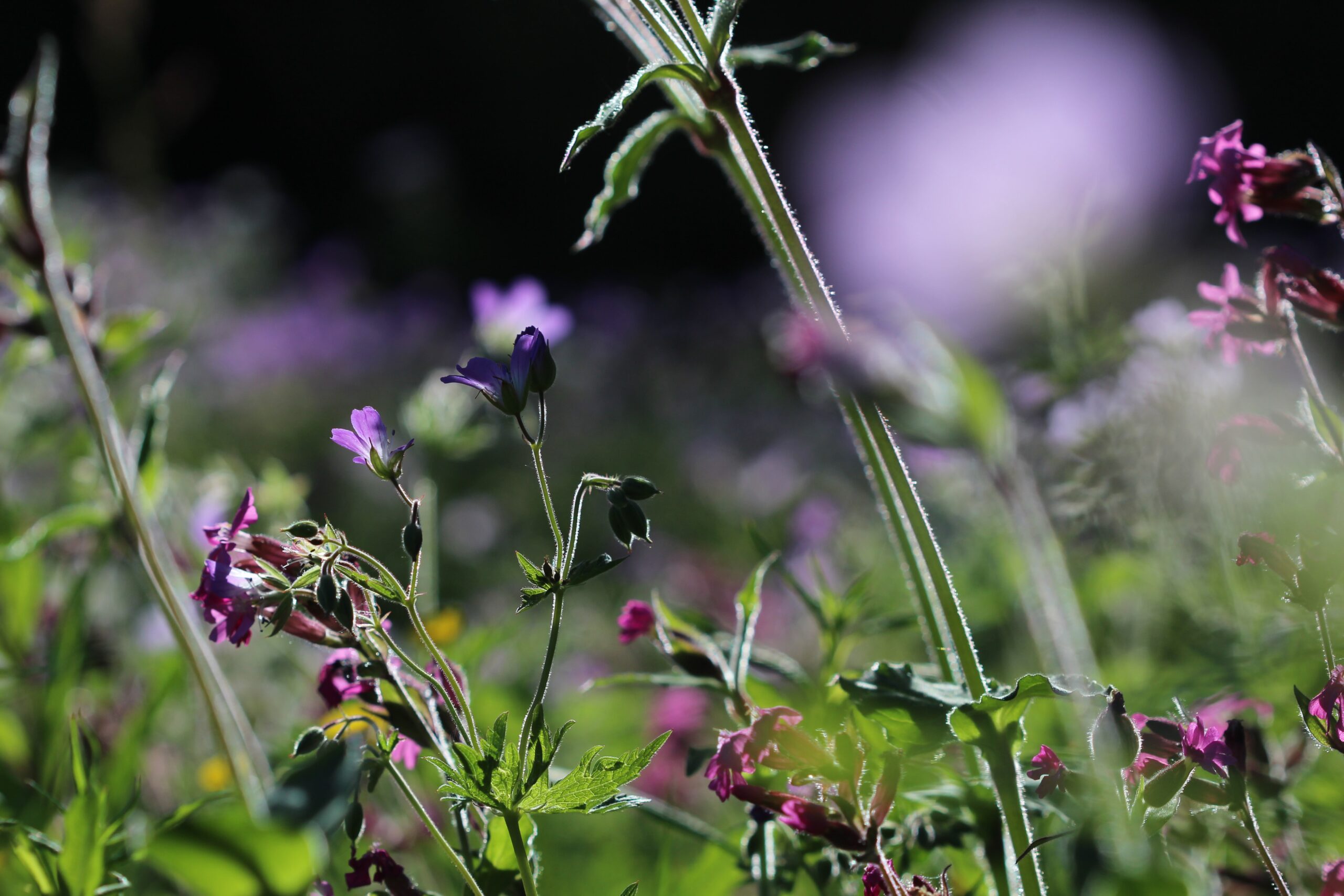This paper uses environmental ethics to identify the role of indigenous ethical values for the protection of the environment in Ethiopia. Currently attempts are made to find sustainable ways of relating to the environment. Such a quest emerged with the recognition that dominant models of development and modernization in the world of globalization are founded in an ethical orientation that sees development as only being materialistic and instrumental and in the process treats nature as a thing and an object to be dominated through the latest achievements in science and technology. Recognizing that such anthropocentric or human centered ethical orientation is causing environmental destruction, attempts are being made to find alternative strategies that are more holistic and sustainable in their nature. Anthropocentric environmental ethics gives primacy to human values over other parts of the environment. One solution is found in exploring the role of indigenous environmental ethics in the protection of the natural world. In Africa, the moral ideals of ubuntu are being studied with an aim of showing how such a vision extends moral responsibility beyond human boundaries and sees life as a sphere of interdependence. Just like other developing nations, the environmental policy of Ethiopia sees the environment as an integral aspect of sustainable development, and is also aimed at formulating an environmental friendly green economy. Despite such efforts, the environment policy of Ethiopia also needs to integrate insights from indigenous environmental ethics into the discussion of environment. There are traditional and indigenous ethical systems in Ethiopia among the Oromo and Gedeo people that emphasize oneness with nature, avoiding deliberately harming nature and the relationship of solidarity between humans and other parts of the environment. Furthermore, the inherent value of nature, protection of animal life and justice towards non-humans are major themes in indigenous Ethiopian environmental ethics. The paper as such demonstrates the vitality of such ethical values in comparison with modern ethical systems that are narrowly focused on the instrumental control over the environment.





































































































































































































































































































































































































































































































































































































































































































































































































































































































































































































































